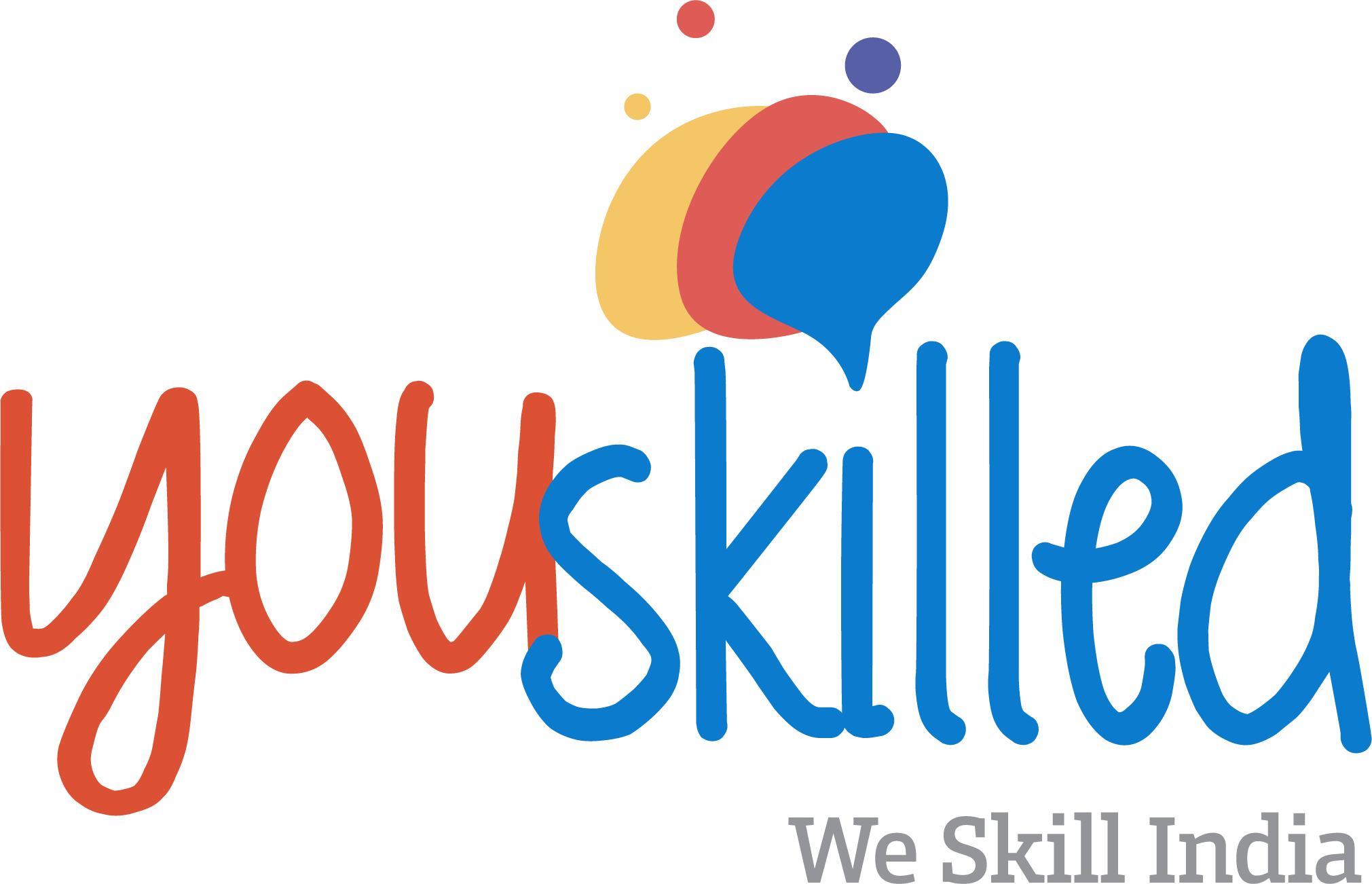Our culture relentlessly pushes a single, monolithic version of success: go bigger, climb higher, and never stop hustling. We’re told to “go all in,” chase epic goals, and change the world. But what if this one-size-fits-all approach to ambition is a direct path to burnout and unhappiness? What if the key to a truly successful life is to consciously define success for yourself?
Author and productivity expert Charlie Gilkey challenges this common advice. He argues that true fulfillment comes from intentionally choosing your own level of success—one that aligns with your values, your current season of life, and your personal capacity.
Forcing yourself to chase someone else’s definition of an epic life can leave you feeling broken and unfulfilled. This guide will explore Gilkey’s powerful framework of three levels of success and help you create a personal definition of success that leads to satisfaction, not stress.
The “Go All In” Myth: A Recipe for Burnout
The pressure to achieve “epic success” is everywhere. We see it in movies, on social media, and in the stories of celebrated entrepreneurs. While these goals can be inspiring, they come with a hidden cost that is rarely discussed:
- Burnout: Epic goals often require sacrificing your health, hobbies, and personal time. This is unsustainable and a primary reason why learning [how to avoid burnout] is such a critical modern skill.
- Relational Destruction: The intense focus required to “go all in” can lead to neglected friendships and strained family relationships.
- A Constant Feeling of Failure: When the only acceptable outcome is a life-changing, headline-making win, anything less can feel like a failure, even if it’s a significant achievement in its own right.
The truth is, you don’t have to change the world to live a successful and meaningful life. You just have to be honest about what you’re optimizing for.

The 3 Levels of Success: A Framework for Choice
Gilkey’s framework helps you bring intention to your ambition. By understanding these three levels, you can consciously match the size of your goal to the reality of your life.
1. Small Success
These are goals that are notable and add joy to your life, but are not life-changing. They are about learning, exploring, and having fun.
- Examples: Learning to play a new song on the guitar, finishing a 5k race, completing a weekend creative project, finally organizing your garage.
- The Cost: Low. These goals can typically be integrated into your life without major sacrifices.
- The Benefit: They build confidence, teach you new skills, and provide a sense of accomplishment and play.
2. Moderate Success
These are foundational projects that make a real impact on your life or career but aren’t necessarily headline-making. This is the level where most of our most meaningful work happens.
- Examples: Earning a promotion to a new role, writing and publishing a well-regarded industry blog, building a strong and connected family, successfully managing a key project at work.
- The Cost: Moderate. These goals require significant time, effort, and focus, and may involve some trade-offs.
- The Benefit: They are the building blocks of a stable, successful, and fulfilling life. They create real, lasting value for you and others.
3. Epic Success
These are the high-stakes, “go all in” goals. They are the moonshots that can change your life, your industry, or even the world.
- Examples: Starting a company that becomes a household name, writing a #1 international bestseller, becoming a world-renowned expert in your field.
- The Cost: Extremely high. These goals are all-consuming and will almost certainly require you to sacrifice other areas of your life for a significant period.
- The Benefit: The potential for a massive payoff, both financially and in terms of impact.
The key is that no one level is inherently better than another. A life filled with meaningful “moderate successes” can be just as, if not more, fulfilling than one spent chasing an “epic” goal. The ultimate goal is to [find a career that fits you] and your current priorities.
Conclusion: The Power of Intentional Ambition
To define success for yourself is to reclaim your power from a culture that tells you there’s only one way to win. It’s about having the wisdom to know what you truly want and the courage to align your actions with those desires.
Your personal definition of success is the only one that matters. It is your unique blueprint for a life of fulfillment. For more on Charlie Gilkey‘s work, his book “Start Finishing” and his Productive Flourishing website are invaluable resources.
Take a look at your current goals. What level of success are you really aiming for? And does the price of that ambition align with the life you truly want to live? The honesty in your answer is the first step toward a more authentic and sustainable path.



